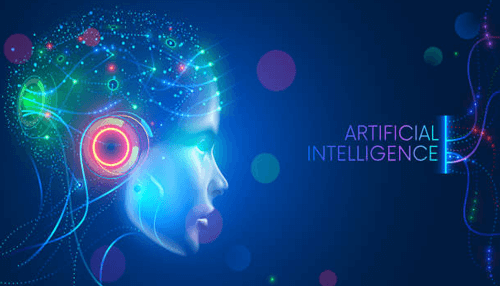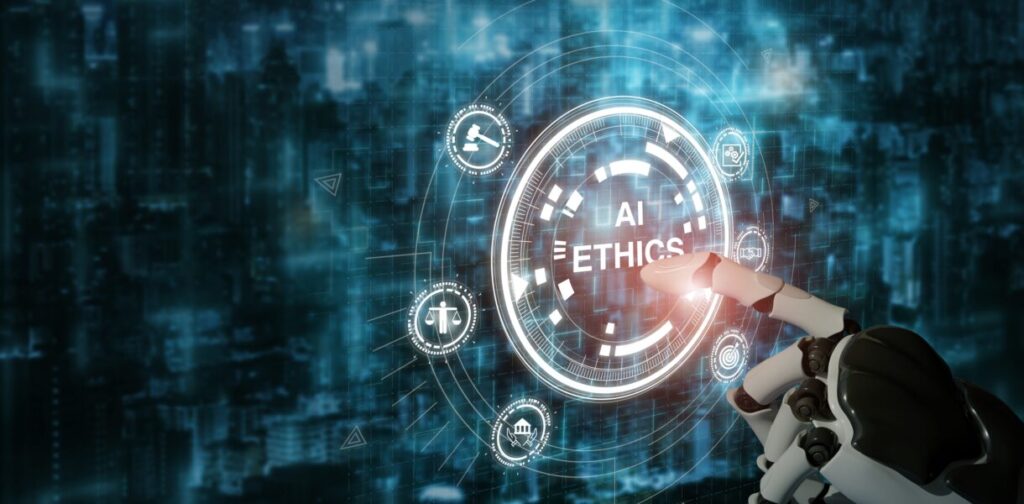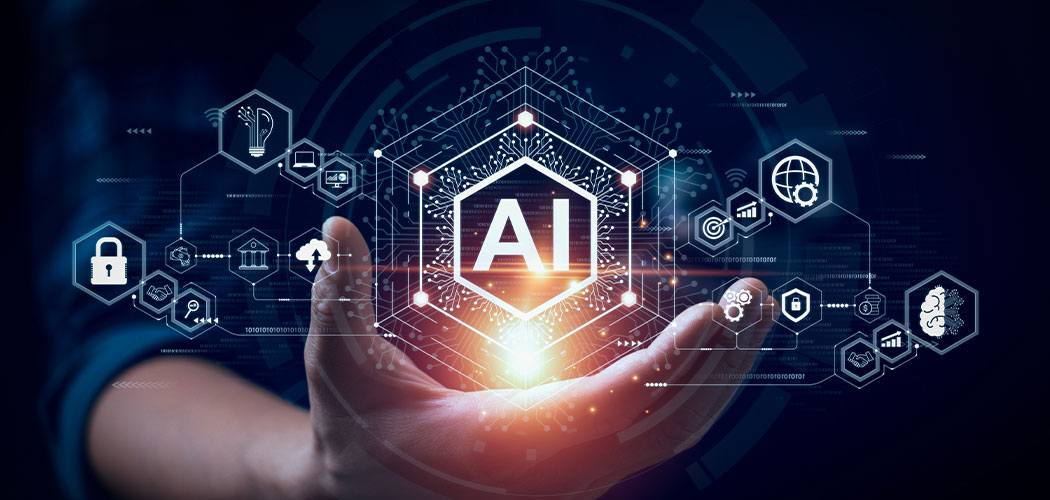Artificial Intelligence: Transforming Lives for a Brighter Future
Imagine a world where machines can think, learn, and even make decisions just like us. That’s the fascinating realm of artificial intelligence, or AI for short! It’s not just about robots taking over the world; AI is already part of our everyday lives, helping us with everything from finding the perfect movie to watching out for traffic when we’re driving. Picture a friendly virtual assistant that remembers your favorite songs or a smart app that suggests fun activities based on what you like.
But what exactly is AI? Think of it as a super-smart helper that uses data to solve problems and make life a little easier. It’s like having a brainy buddy who never sleeps, constantly learning and improving. With every interaction, AI gets better at understanding our needs, making it a powerful tool for the future. So, let’s dive into this exciting topic and explore how AI works, where we see it, and what it means for us!
Understanding Artificial Intelligence: A Deep Dive
1. Defining Artificial Intelligence

Artificial Intelligence (AI) encompasses a broad spectrum of technologies designed to simulate human intelligence. This includes capabilities such as learning, reasoning, problem-solving, perception, and language understanding. At its core, AI strives to replicate cognitive functions, allowing machines to process data in ways that mimic human thought processes. However, defining AI can be complex due to its multifaceted nature and the continuous evolution of technology.
The term “artificial intelligence” often evokes images of futuristic robots or smart assistants. In reality, AI manifests in various forms, from simple algorithms that recommend products to sophisticated systems capable of autonomous decision-making. Machine learning, a subset of AI, enables computers to learn from data, improving their performance without being explicitly programmed. This adaptability is one of AI’s most powerful attributes, driving innovation across diverse sectors.
As the field progresses, the boundaries of AI expand, leading to the emergence of more advanced forms like deep learning, which utilizes neural networks to analyze vast datasets. This progression raises important questions about the implications of AI in our lives, prompting discussions about ethical considerations and the potential for machine autonomy.
2. Applications of AI in Everyday Life
AI has seamlessly integrated into our daily routines, often operating behind the scenes to enhance our experiences. From personalized recommendations on streaming platforms to intelligent virtual assistants that manage our schedules, AI technologies are revolutionizing how we interact with the digital world. For instance, algorithms analyze user behavior to suggest content tailored to individual preferences, significantly improving user engagement and satisfaction.
In the realm of healthcare, AI applications are transforming diagnostics and treatment protocols. Machine learning algorithms analyze medical images with remarkable accuracy, assisting radiologists in detecting anomalies that may go unnoticed by the human eye. Furthermore, AI-powered chatbots provide immediate assistance to patients, streamlining the appointment process and addressing common medical inquiries, thereby improving accessibility to healthcare services.
The automotive industry is also witnessing a significant AI impact, particularly with the development of autonomous vehicles. Advanced driver-assistance systems (ADAS) utilize AI to enhance safety features, such as adaptive cruise control and lane-keeping assistance. As these technologies continue to evolve, they promise not only to improve road safety but also to reshape urban mobility and reduce traffic congestion.
3. Challenges and Ethical Considerations

While the potential benefits of AI are immense, numerous challenges and ethical dilemmas accompany its rapid advancement. One major concern is the issue of bias in AI algorithms, which can lead to unfair outcomes in critical areas such as hiring, lending, and law enforcement. If AI systems are trained on biased data, they risk perpetuating existing inequalities, prompting calls for greater transparency and accountability in AI development.
Moreover, the rise of AI raises significant questions about privacy and surveillance. As machines collect and analyze vast amounts of personal data, the potential for misuse or unauthorized access becomes a pressing concern. Striking a balance between leveraging data for innovation and protecting individual privacy rights is essential to foster public trust in AI technologies.
The potential for job displacement due to automation is another critical issue. While AI can enhance productivity and efficiency, there are legitimate fears that it may replace human workers in various sectors. Addressing this challenge requires proactive measures, including reskilling initiatives and policies that support workers transitioning into new roles created by AI advancements.
4. The Future of AI: Trends and Predictions
Looking ahead, the future of AI is marked by several exciting trends that promise to reshape industries and societies. One notable trend is the increasing integration of AI with other emerging technologies, such as the Internet of Things (IoT) and blockchain. This convergence enables smarter ecosystems where devices communicate and make decisions autonomously, paving the way for enhanced operational efficiency and data security.
In the field of natural language processing, advancements in AI will continue to refine how machines understand and generate human language. This progress will enhance human-computer interactions, making communication more intuitive. The emergence of conversational agents capable of carrying out complex dialogues could revolutionize customer service, education, and even therapy.
Another area poised for significant growth is AI ethics and governance. As stakeholders recognize the importance of responsible AI, frameworks for ethical AI development are emerging. Organizations are beginning to establish guidelines that prioritize fairness, accountability, and transparency. The evolution of these frameworks will be crucial in shaping how AI technologies are deployed and ensuring that their benefits are equitably distributed across society.
5. The Role of Human Oversight in AI Development

Despite the rapid advancement of AI technologies, human oversight remains indispensable in ensuring their responsible deployment. As AI systems become more complex, the need for interdisciplinary collaboration becomes increasingly apparent. Experts in ethics, law, and social sciences must work alongside technologists to address the multifaceted challenges posed by AI, ensuring that the technology serves the greater good.
Human oversight is particularly vital in areas where AI systems make high-stakes decisions, such as healthcare and criminal justice. In these domains, human judgment is crucial for contextualizing AI-generated insights, thereby preventing harmful outcomes. Establishing clear guidelines for human intervention in AI processes will help mitigate risks and promote more reliable decision-making.
Furthermore, fostering a culture of continuous learning and adaptation within organizations will be essential. As AI technologies evolve, so too must our approaches to governance and oversight. This requires ongoing education and training for stakeholders to stay informed about the implications of AI developments, promoting a collaborative environment that prioritizes ethical considerations in all aspects of AI integration.



